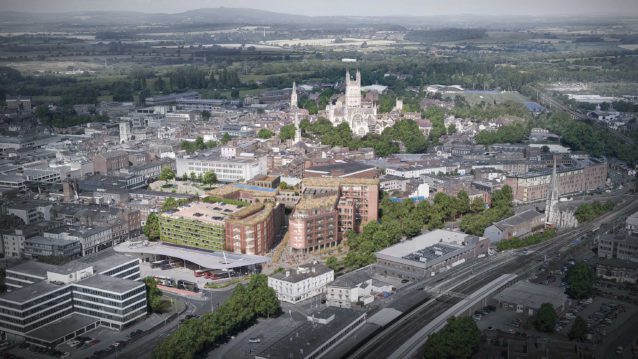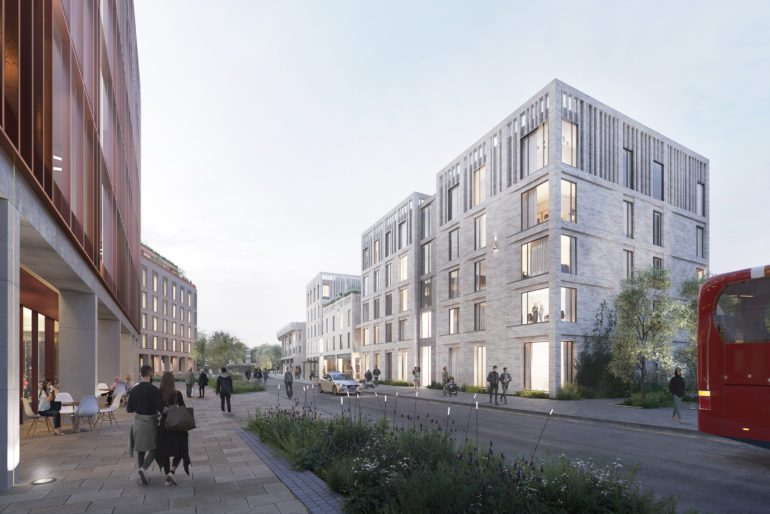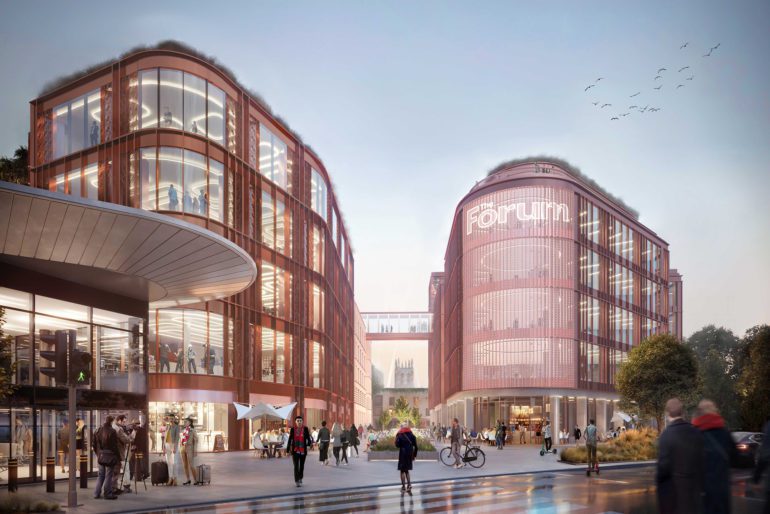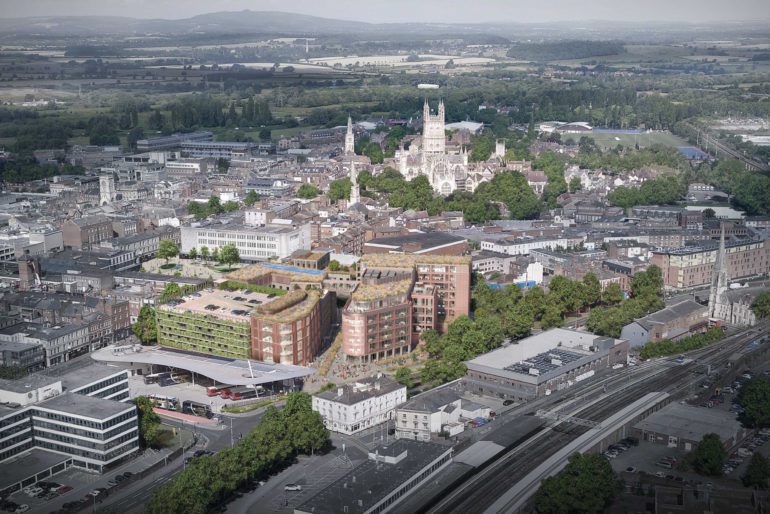
Regeneration clearly has to be a priority from a carbon reduction perspective. It’s also vital for bringing vibrancy back to our struggling towns and cities. In a recent article published in Public Sector Building Journal, our Director Marcus Tulloch, addressed strategies for overcoming perhaps the biggest challenge in working with existing building stock: dealing with the unknowns.
Here we explore another common theme stalling successful delivery of schemes designed to restore pride of place. Overcomplicating what is already complex enough.
Engineers are often misrepresented by their construction peers of presenting over-designed solutions. Although this has potential to occur from a reaction to commercial pressure and misconception that restricting design fees offers best value, true value comes from enabling engineers to explore and realise savings by refining designs to minimise material use and create greater project cost, carbon and risk reductions. Unlocking constraints through collaboration and creative problem solving is what we do best.
Transforming Gloucester’s King’s Quarter



Just recently, our services were instrumental in getting an ambitious mixed use development at the heart of Gloucester over an enduring planning hurdle.
The regeneration of one of the city’s most iconic spaces from a tired retail district to a thriving digital hub is currently underway. The £107m scheme, now known as The Forum, is designed to deliver home grown talent with a multitude of modern day opportunities. But the vision was being jeopardised by an age-old issue as drainage works meant potentially excavating on the site of ancient religious ruins.
What’s more, the water course beneath the development had been diverted at some stage, which presented flood risk and load bearing concerns. Fully understanding the implications of both these issues meant working closely with English Heritage and The Environment Agency.
A much simplified solution
Plans put forward to address the necessary culvert diversion by the previous engineering consultancy encompassed two tunnels. Jubb much simplified the structural design. Besides proposing a single tunnel, our approved recommendations better suited the layout of the buildings above ground. It also minimised the length of the watercourse beneath the sewer and improved access for maintenance from the surface. Ultimately it overcame a critical issue that was plaguing the project’s go-ahead and will save hundreds of thousands in time and actual cost.
Successful regeneration relies on working with partners that have the freedom to flex and this comes from within. At Jubb, our strong, senior multidisciplinary team has the negotiation skills necessary to push for the right outcomes from start to finish. As with The Forum, finding ways around obstacles that others simply don’t see is the role we engineers really should be playing.
Real-world problem solving demands flex
The advantage of working with engineering consultants that represent firms large enough to deliver national coverage, yet of a size that still allows a great deal of agility, is scope. Without the red tape and hierarchy that inevitably comes when working for a global firm, it’s much easier to apply creative thinking. What’s more, the importance of local, on the ground knowledge should never be underestimated – especially when successful regeneration is so hinged on securing community buy-in.
Rather than turning to the highest profile partners, it should be more about skill, scale and track record. Letting kudos get in the way only leads to tunnel vision steering valuable schemes off course.
Just as Marcus’ article on high street regeneration sets out the need for an early engagement approach to ensure any potential hurdles are identified before works commence, sometimes the job in hand is taking already knowns and coming up with alternative solutions.
Given the autonomy to do so, the open-eyed engineer can help unlock potential at every stage of a regeneration project – no matter how complex.